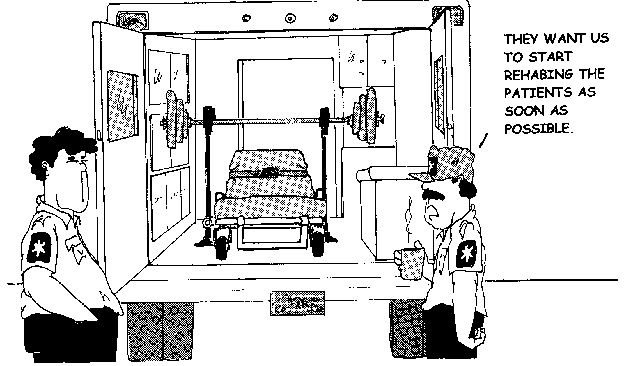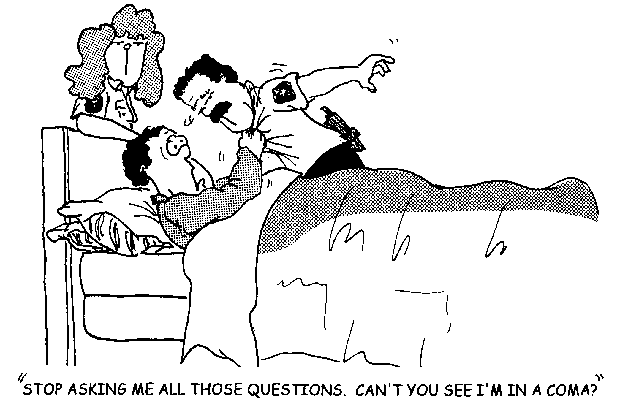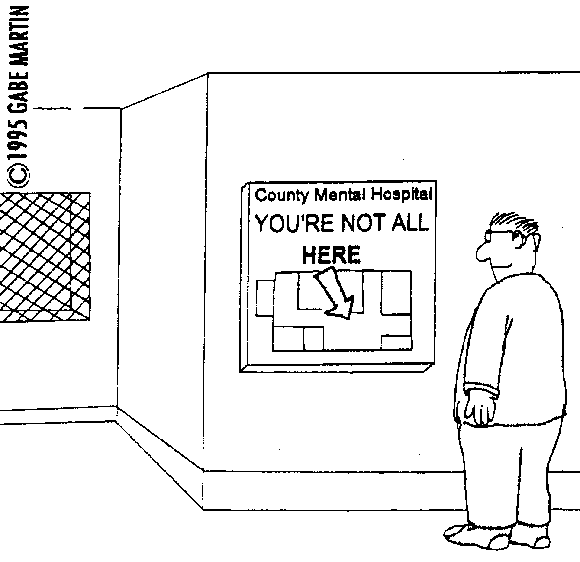Quote for the week: “Integrity is doing the right thing, even when no one is watching.” – Unknown
CHARACTER COUNTS
Recently, a computer-based glitch on the United Airlines website allowed passengers to book flights to Hong Kong — or other places in Asia connecting in Hong Kong — in exchange for a paltry four frequent flier miles, plus government taxes. The advertised actual price of the ticket was accurate; the technical slip-up occurred in the transaction process. United eventually corrected the error and announced it wasn't honoring tickets already sold. People could get a refund without paying a penalty or have the proper amount of miles deducted. Anyone who had already started their trip would be allowed to complete their travel. Several people who booked tickets are complaining to the DOT, which is now investigating the matter.
A 62-year-old retired teacher from Aiken, S.C., is one of the people who bought a ticket. She knew it was a computer error but booked a trip anyway. "United just made a big mistake and needs to honor it," she said. "That was their mistake, wasn't it?" The most disturbing aspect of this mindless justification is that it comes from the mouth of someone who was educating our children for a living. If she was given too much change back from one of her students, would she keep it, rationalizing “that was their mistake”? How many other ethically vacuous educators sanction this behavior? I would fire them immediately if the power was mine to do!
Let me be clear…I'm no fan of United Airlines. Customer service is atrocious and the temptation to rip them off is almost irresistible...but to take the ticket and run, knowing the advertised price and that the error was computer-generated in the billing, is poor integrity and a microcosm of what's askew in this world.
ORIGINS OF THE GOLDEN RULE
The Golden Rule never wears out its welcome: Treat others as you want to be treated. Then you can live with minimal drama, a good night’s sleep, and a clear conscious. The seeds were planted as early as 2040 B.C in the ancient Egyptian story of the The Eloquent Peasant: “Do to the doer to cause that he do thus to you.” The Code of Hammurabi (1780 B.C.) in Babylon addressed ethical reciprocity in various ways. The Golden Rule existed among all the major philosophical schools of ancient China, including Taoism and Confucianism. Some examples:
“Never impose on others what you would not choose for yourself.” Confucius
“Regard your neighbor’s gain as your own gain, and their loss as your own loss.” Lao Tzu
The student asked, “Is there one word that may serve as a rule of practice for all of one’s life?”
The teacher replied, “Is not reciprocity such a word?”








